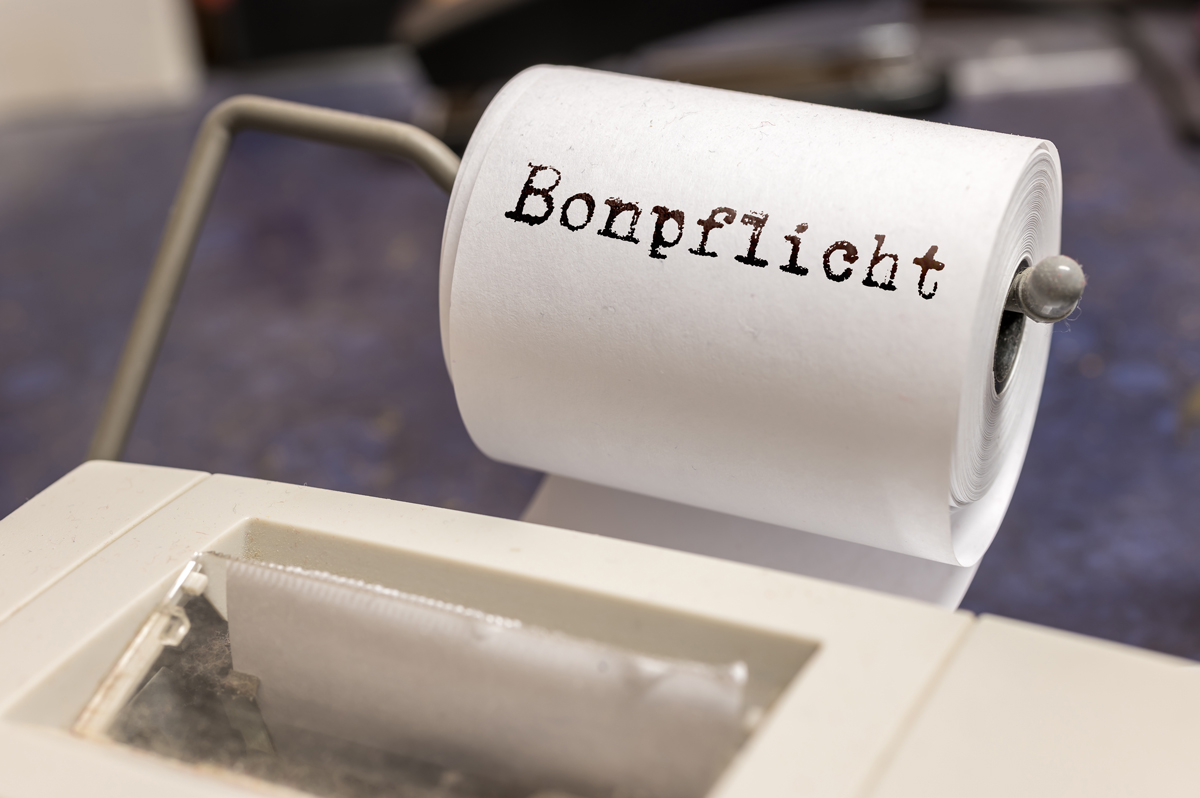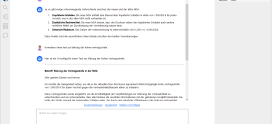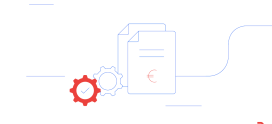17. January 2020
Cash voucher submission: This changed in 2020 for retailers in Germany

Anyone who has been following the news and shopping diligently over the past few weeks has not been able to sneak past the obligation to pay a bonus. Billions of euros slip through the state’s fingers year after year. For tax evasion. The Federal Court of Auditors estimates that the state loses around 10 billion euros in tax revenue annually due to unregistered cash turnover. That is why the federal government has now become creative and introduced the obligation to issue receipts on 1 January this year. What was created as part of the cash security ordinance is intended to make it more difficult for shop operators to embezzle sales in future and to create more transparency in the recording of transactions.
What does this mean for the retailers?
The law hits shopkeepers the hardest. Because now it’s time to upgrade at the supermarket checkout, at the bakery or at the bar of your favourite hairdresser. And that involves costly investments. By September 2020, shop operators must upgrade their electronic cash register systems with a certified technical security device (TSE). This is intended to prevent the manipulation and deletion of sales and thus make the systems forgery-proof. With the help of the TSE, it is now possible to record each transaction chronologically and to print out the sales receipt automatically.
The costs for this are not insignificant, as such a conversion costs around 500 euros per cash register. In total, the federal government expects one-off investment costs of 470 million euros and 106 million euros annual expenditure for installation, maintenance and support. Consumer advocates warn that these costs could have an impact on consumer prices. And what if shop operators do not convert their cash registers by the deadline? So far, nothing. Because the federal government has not yet provided for sanctions for the possible absence of cost-intensive retrofitting investments.
What does this change for us customers?
Unlike in Austria, Italy or Slovenia, there is no obligation to accept a receipt in Germany. This means that we do not have to accept our receipts. So our wallets can breathe a sigh of relief. If we still want a receipt, there is the possibility of receiving it electronically. According to Section 6, sentence 3 of the Cash Guarantee Regulation, it states that companies may issue receipts in paper form or, with the customer’s consent, electronically in the form of a standardised data format. In some shops, digital receipt is already possible. Then the receipt no longer flutters feather-like over the counter to its customer, but can be received via app or email.
What is the relationship between the obligation to pay a bonus and the climate?
The German Retail Association (Handelsverband Deutschland, HDE), among others, has criticised this law: “We expect more than two million additional kilometres of sales slips per year,” says HDE tax expert Ralph Brügelmann. This would be enough to wrap the earth 150 times or fill an area the size of 43 football pitches. But it is not only the high paper consumption that is extremely worrying. The thermal paper that has been used to date for printing receipts is coated with the plasticizer BPA. The so-called “bisphenol A” is known to be environmentally harmful and carcinogenic, but is also said to have hormonal effects. The good news: with the passing of the law, the use of BPA-coated thermal paper was banned in all EU member states at the turn of the year.
Our southern neighbor Italy proved to be very imaginative. This is because a receipt lottery was introduced there on 1 January 2020 to combat tax fraud. Of course, that’s how it works too. And who knows? Maybe Germany will follow suit. Our economy would be delighted.
You can find more information worth knowing about this topic here at the Federal Ministry of Finance.



